What Are Food Additives?
Food additives are substances intentionally added to food products to enhance their safety, appearance, texture, or shelf life. These substances can be derived from natural sources or synthesized artificially. They serve various functions, including preservation, flavor enhancement, color stabilization, and emulsification. While additives improve food quality and durability, concerns about their potential health impacts continue to arise (MedlinePlus, 2021).
Why Are Additives Used in Food Production?
The modern food industry relies on additives to ensure food remains fresh and appealing for consumers. Common reasons for their use include:
· Preservation: Extending shelf life by preventing microbial growth (e.g., sodium benzoate - E211)
· Color enhancement: Improving visual appeal (e.g., synthetic colors such as Yellow 5, Red 40)
· Texture modification: Enhancing consistency (e.g., emulsifiers and stabilizers)
· Flavor enhancement: Intensifying or balancing taste (e.g., monosodium glutamate - MSG)
The European Union maintains strict regulations governing the use of food additives to protect public health. The primary legislation, Regulation (EC) No 178/2002, establishes general food law and safety principles (EUR-Lex, 2002). The European Food Safety Authority (EFSA) conducts risk assessments before an additive is approved, ensuring that it poses no harm when consumed within recommended limits (EFSA, 2021).
However, while additives serve a functional role, excessive reliance on them has led to concerns about long-term health effects, particularly regarding highly processed foods.
Is “safe in small amounts” really that safe and small?
When we talk about certain ingredients and their impact on health, some people say it’s exaggerated or unnecessary worry. They argue that these substances are “safe in small amounts.” But have you ever thought about what that really means?
Recent evidence has suggested the detrimental effects of several widely consumed additives, revealing the correlation between the consumption of “ultra-processed foods,” which are high in food additives, and the increased risk of suffering from chronic diseases. In the EU, food additives represent about 330 authorized compounds under Regulation (EC) No 1333/2008, and their toxicity is evaluated by the European Food Safety Authority (EFSA).
A research study from NutriNet-Santé, a French cohort study launched by the Health Ministry in 2021, provides new and significant data regarding people’s consumption of food additives, including those for which potential adverse health effects have been suggested by recent experimental studies (Chazelas et al., 2021).
106,489 adults were surveyed since 2009, with the consumption of 90 main food additives evaluated. Results revealed that 48 additives were consumed by more than 10% of the participants, with modified starches and citric acid consumed by more than 90%.
Most importantly, the study finds that the top 50 additives also included those for which potential adverse health effects have been suggested by recent experimental studies. Moreover, they identified five clusters of participants more specifically exposed to five additive mixtures and one additional cluster gathering participants with overall low additive exposure. Against these data, NutriNet-Santé has claimed the need for further epidemiological and experimental studies on the health impact and potential cocktail effects of food additives.
Potential Health Risks of Excessive Additive Consumption
Excessive consumption of food additives may lead to health concerns, including:
· Gastrointestinal issues: High intake of polyols (e.g., sorbitol, mannitol) can cause digestive discomfort and laxative effects.
· Hyperactivity in children: Artificial colors (e.g., Yellow 5, Red 40) have been associated with behavioral changes in sensitive individuals.
· Neurological effects: Aspartame (E951) is problematic for individuals with phenylketonuria (PKU) and has been subject to safety debates.
· Cardiovascular risks: Trans fats from hydrogenated oils, though not classified as additives, are regulated due to their link to heart disease.
Problematic Food Additives in the EU
Here are some additives that have been restricted or banned in the EU due to potential health risks:
· Titanium Dioxide (E171): A whitening agent banned in 2022 due to potential genotoxicity.
· Artificial Food Colors: Some require warning labels due to potential adverse effects on children’s behavior.
· Aspartame (E951): Must be clearly labeled due to its risks for individuals with PKU.
· Polyols (e.g., Sorbitol, Mannitol): May cause digestive distress when consumed in large quantities.
· Sodium Benzoate (E211): Linked to hyperactivity in children when combined with certain artificial colors.
· Hydrogenated Oils: Restricted due to their association with heart disease.
· Talc (Magnesium Silicate): Under scrutiny for potential contamination risks.
· Brominated Vegetable Oil: Although rare in the EU, it poses neurological risks and should be avoided in imported products.
Should You Avoid Food Additives?
The answer is yes. Avoiding food additives can help reduce your exposure to artificial substances that may have negative health effects over time.
Opting for zero additives foods can contribute to a healthier diet by reducing exposure to potentially harmful substances. Choosing fresh, minimally processed foods and reading ingredient labels carefully helps limit unnecessary additives. Opting for zero-additive products ensures a cleaner, more natural approach to nutrition.
For a clean, additive-free alternative, choose FUNCTIONAL VITAMINS — pure, essential nutrients without unnecessary fillers or artificial substances.
Conclusion
Food additives are an integral part of modern food production, offering functional benefits but also raising health concerns. The European Union enforces stringent regulations to ensure additive safety, yet some remain controversial. Consumers aiming for a more natural diet can benefit from zero additives options and a nutrient-rich intake of functional vitamins to promote long-term well-being. Being informed about food additives empowers individuals to make choices that align with their goals.
We take great care in crafting our products and maintaining our facilities—100% free from additives. Experience pure quality!
Explore our products here.
Follow us on Instagram and Facebook.
References
· Chazelas, E., Druesne-Pecollo, N., Esseddik, Y. et al. Exposure to food additive mixtures in 106,000 French adults from the NutriNet-Santé cohort. Sci Rep 11, 19680 (2021). https://doi.org/10.1038/s41598-021-98496-6
· European Food Safety Authority (EFSA). (2021). Food Supplements. Retrieved from https://www.efsa.europa.eu/en/topics/topic/food-supplements
· MedlinePlus. (2021). Food Additives. Retrieved from https://medlineplus.gov/ency/article/002435.htm
· EUR-Lex. (2002). Regulation (EC) No 178/2002. Retrieved from https://eur-lex.europa.eu/legal-content/EN/TXT/?uri=celex:32002R0178
· EUR-Lex. (2008). Regulation (EC) No 1333/2008. Retrieved fromhttps://eur-lex.europa.eu/eli/reg/2008/1333/oj/eng


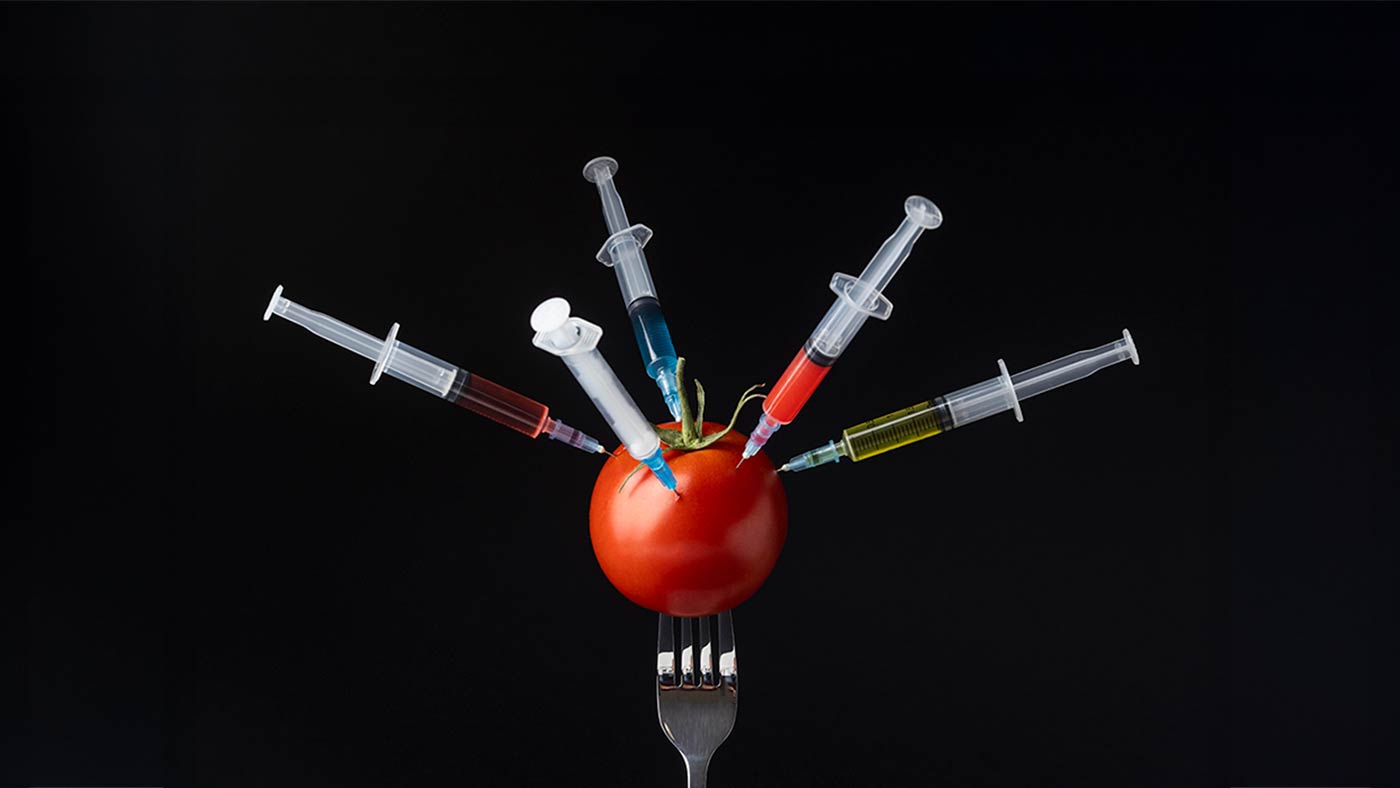


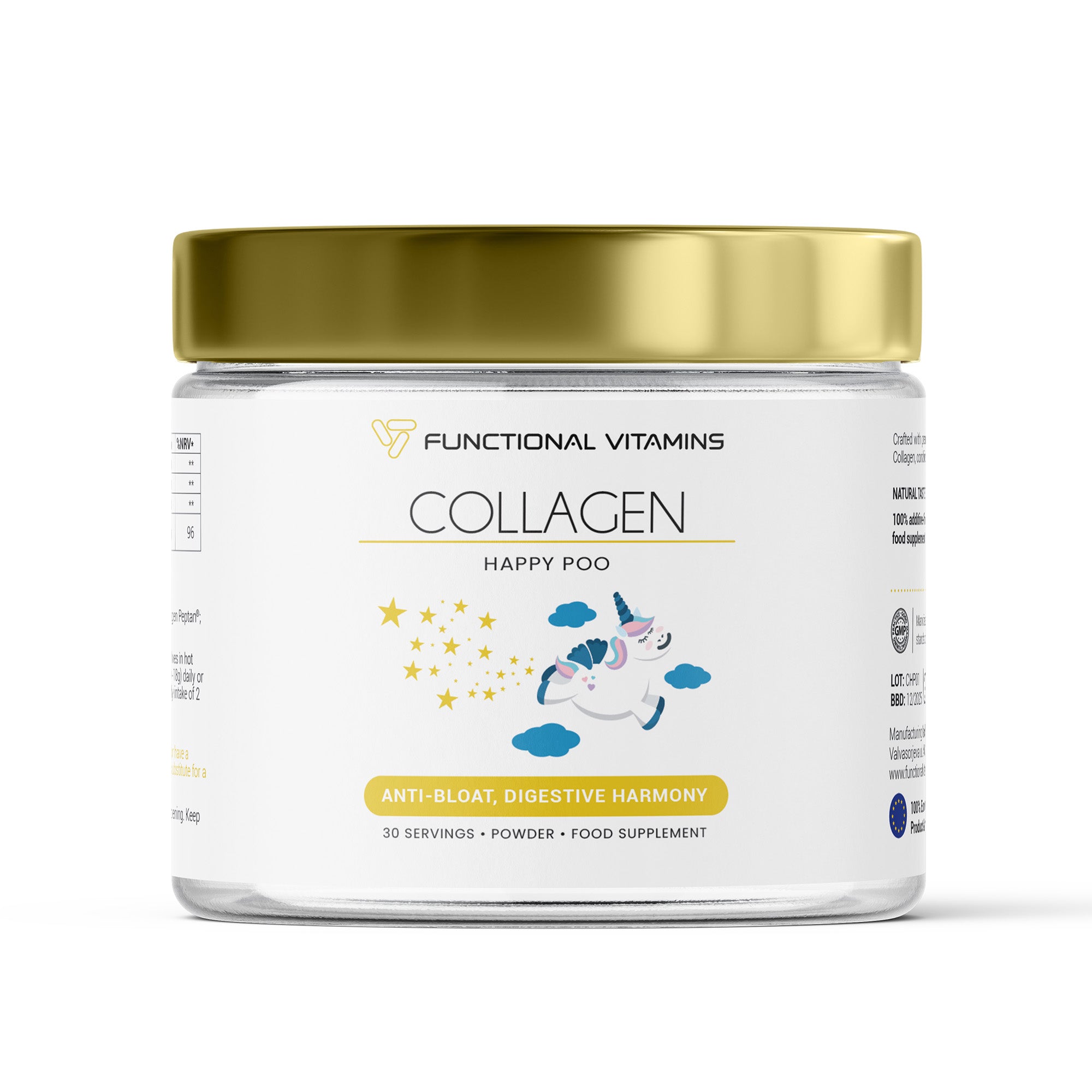

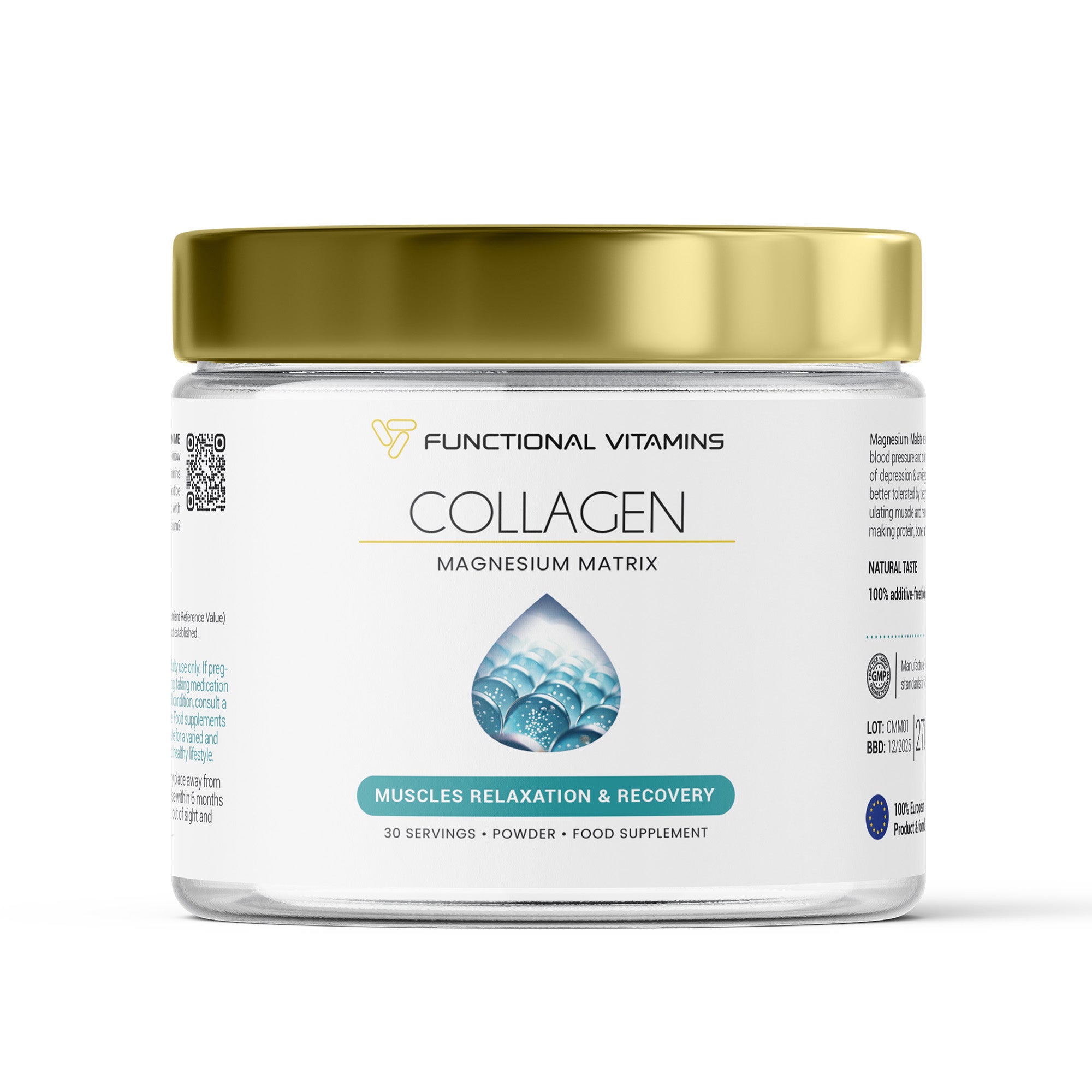

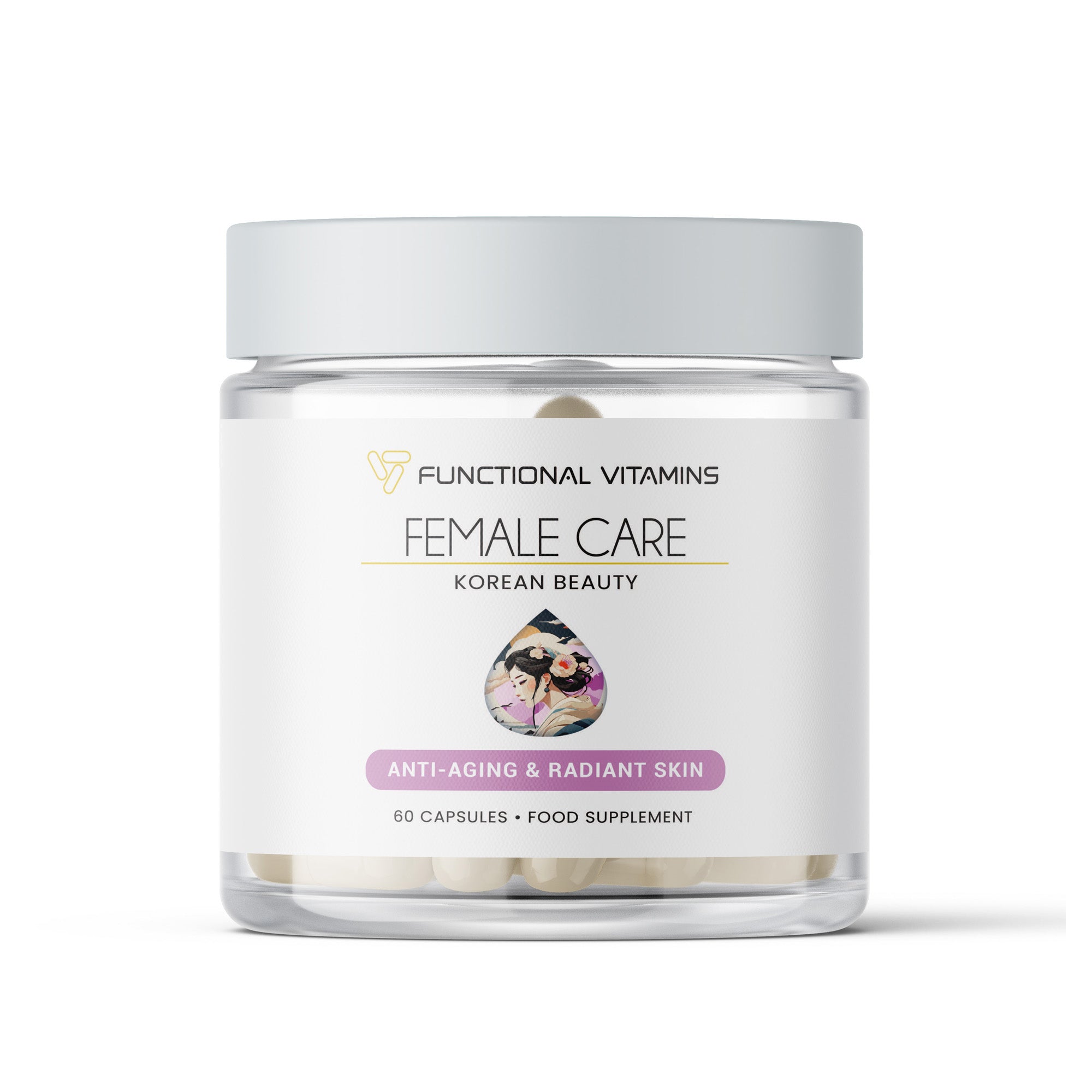
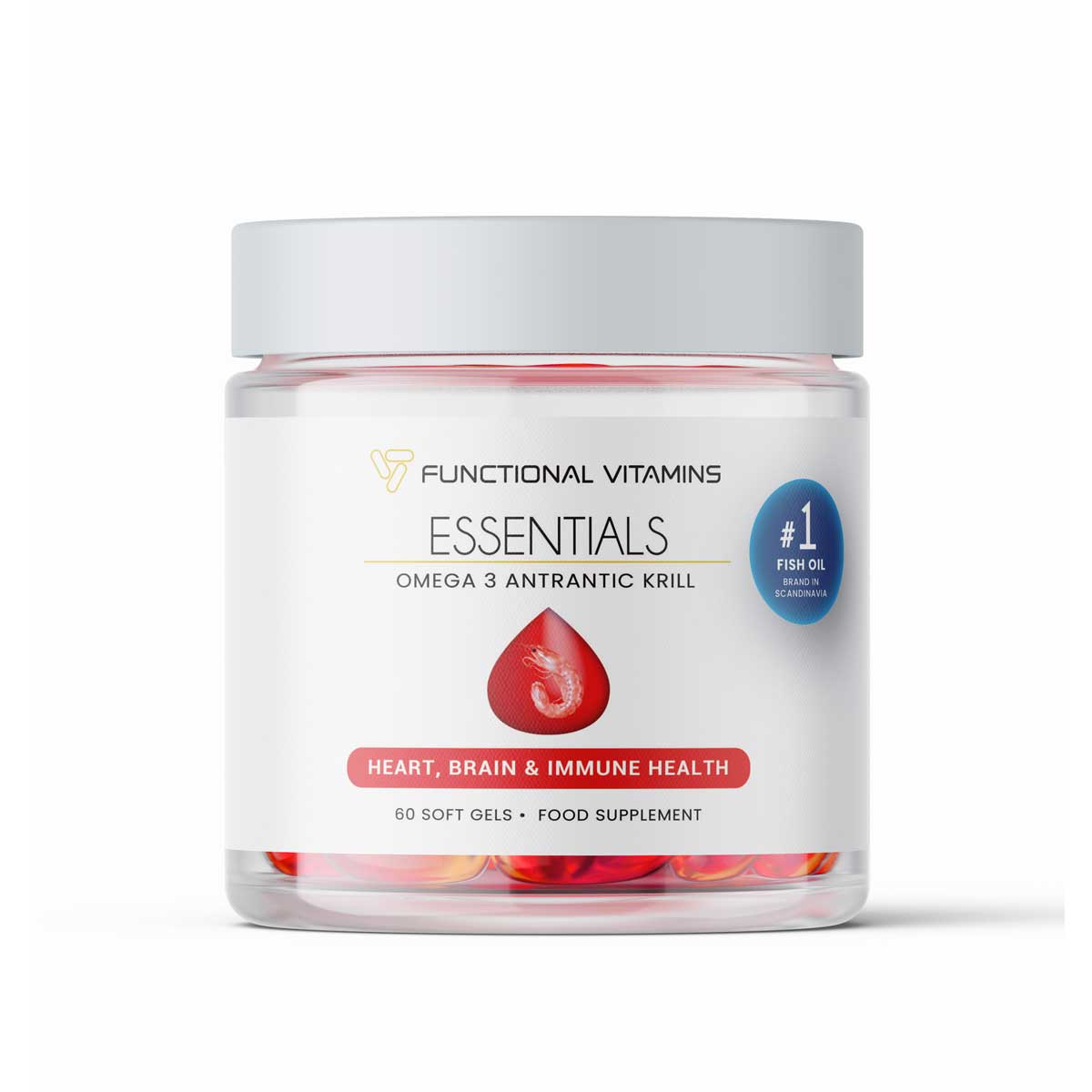

Leave a comment
This site is protected by hCaptcha and the hCaptcha Privacy Policy and Terms of Service apply.